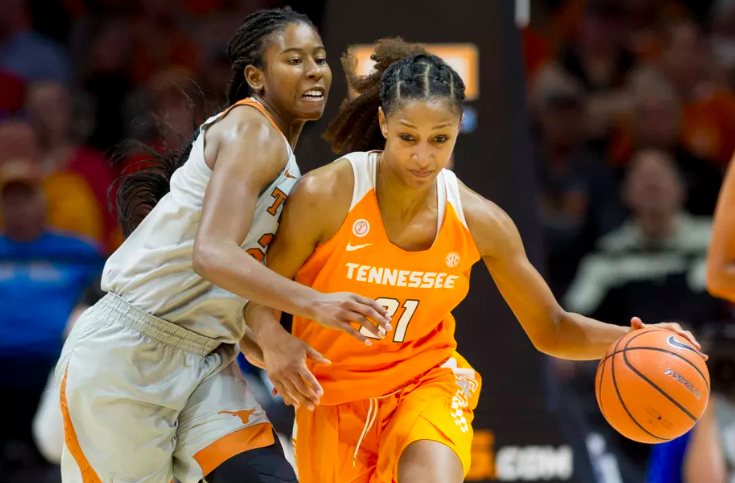On Sept. 30, California Governor Gavin Newsom signed the Fair Pay to Play Act. It becomes effective on Jan. 1, 2023. The morning of the signing, Newsom tweeted “Colleges reap billions from student athletes but block them from earning a single dollar. That’s a bankrupt model. I just signed the Fair Play to Pay Act with @KingJames—making CA the first state to allow student athletes to profit off their name, image, and likeness.”
The National Collegiate Athletic Association (NCAA), a nonprofit organization that regulates student athletes, has long opposed such a law because it would decrease their profit margins. In the past, it has faced many lawsuits for the lack of compensation to student athletes. According to The Ringer, “The NCAA has previously faced lawsuits over the usage of names, images, and likenesses, most notably in the O’Bannon v. NCAA case that prompted the organization to stop licensing EA Sports’ college-sports video game series.”
However, college athletes in California will finally receive monetary compensation for their hard work. According to The Ringer, “[The Fair Pay to Play Act] is merely set to bar institutions from stripping any athlete’s scholarship or eligibility over getting paid to sign autographs, appear in commercials, endorse products and the like.” It essentially protects student-athlete rights so that they are not negatively impacted by what parts of the team they choose to participate in and what they choose not to do.
So how will female athletes benefit from this? Take, for instance, women’s basketball. The majority of female basketball players tend to play the sport for all four years of college. SBNation, a women’s basketball group, writes that, “Because college women’s basketball players tend to use all four years of their eligibility — due in part to the WNBA Draft eligibility rules, for those who pursue that option — this law would allow four years of exploring money-making opportunities while in college, even if they’re bound for the pros.” According to Forbes, the top female athletes make far less than their male counterparts. Essentially, this law provides a gateway to even out the playing field. If compensation is mandated in such a way that it is required that athletic scholarships and such are unwavering in the face of additional work required, women are far more likely to earn the same as men.




